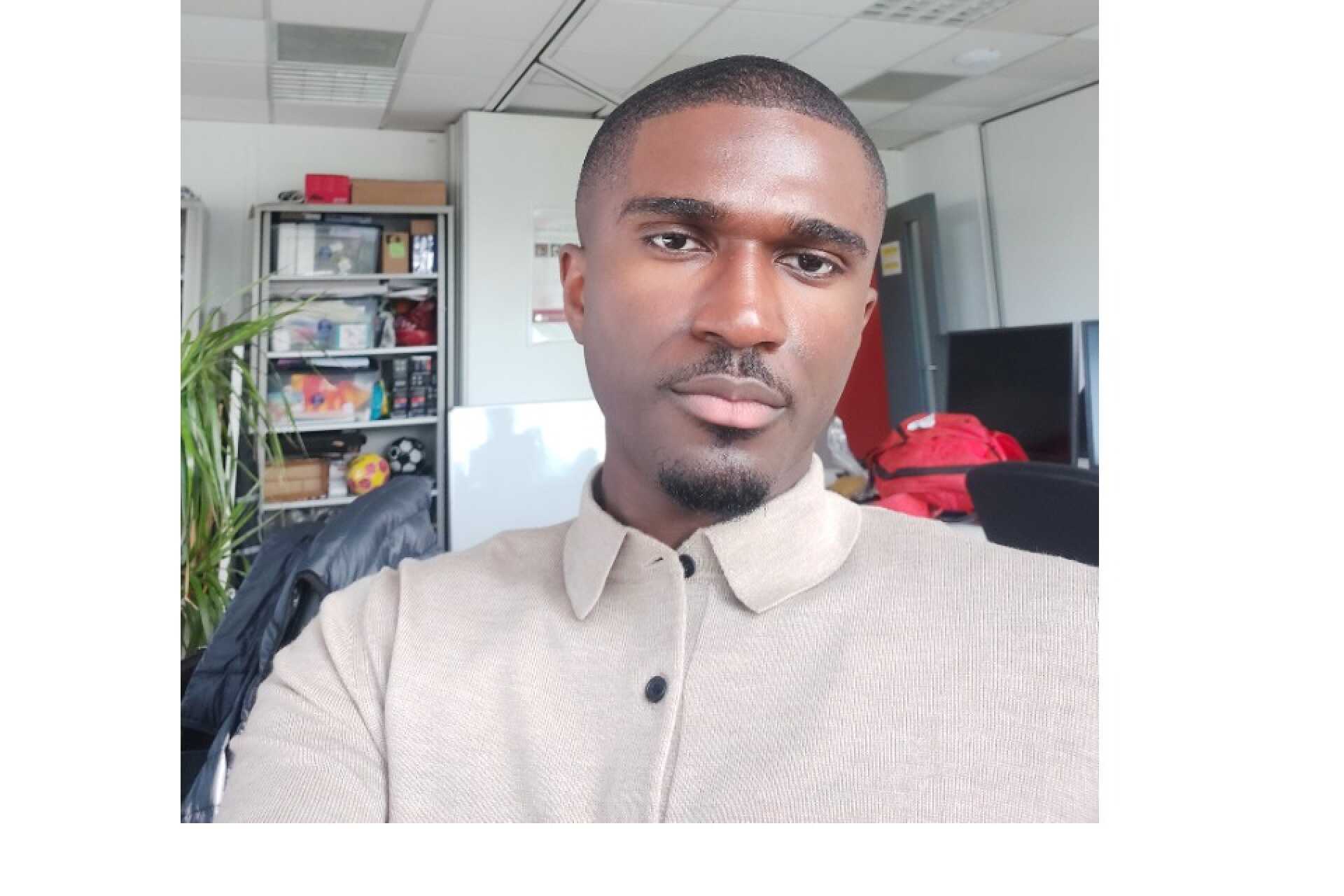
After graduating with honours from my degree at Kent, I pivoted to the social sciences and pursued a post-graduate, MSc degree in Medicine, Health and Public Policy at King's College London. Upon the completion of my MSc. degree, I stayed at King's as an employed qualitative researcher and policy lead within the Health Inequalities Research Group, based at the Institute of Psychiatry, Psychology and Neuroscience (IoPPN). After two and a half years at King's, I moved over to the third sector and now work at a community interest company called Black Thrive Global. This organisation exists with the main aim of tackling the racialised inequities in mental health outcomes experienced by the Black community in the UK. The main way in which we strive to do this is through systems change.
Here in Black Thrive Global, I am the Evaluation Lead for the organisation, which means I organise and oversee the evaluation activities of Black Thrive. One of my core responsibilities is that I formulate evaluation frameworks for various projects (for different workstreams) within the organisation to:
Part of my role also includes co-leading the evaluation of the Patient, Carer Race Equity Framework (PCREF), and the SLaM Anti-Racism Plan at South London and Maudsley (SLaM) NHS Trust.
Due to the above, my role requires both quantitative and qualitative data handling skills. The role also requires a good level of adaptability, as well as strong listening and communication skills. This is as each evaluation framework needs to be bespoke to the aims and objectives of the respective projects, as well as the needs and experiences of the respective workstreams and partner organisations.
As my role sits within the Black Thrive Research Institute and Observatory, my days also include contributing to the completion of bids for grants, presenting and speaking at conferences, designing and facilitating (external and internal) workshops, and chairing meetings.
One of the key highlights for me has been participating in a roundtable discussion with public health leaders from both England and the United States. During this event, I had the opportunity to contribute alongside representatives from Public Health England, the Centres for Disease Control and Prevention, and the NHS Race and Health Observatory. Together, we explored strategies to address racial inequities in health outcomes, focusing on research that elevates and centres community voices.
My time at Kent studying Biology equipped me with a solid grasp of data handling, data analysis, problem solving and communication skills. All of which are skills that propelled me through my master’s degree, and my time as researcher at King's. Since then, I have built on these skills, which are what I currently use in my role today.
Moreover, through my volunteering and committee responsibilities, I found ways in which I could contribute to community building and tackling social inequity. Both of these were areas I always had an interest in, but I was unsure how to actualise them. So, due to my volunteering and committee responsibilities, I became more familiar with pathways to, and mechanisms of community building and tackling social inequity. This has helped me to achieve my current career as I know how to actively contribute to social change.
Take the time to read and understand the discipline underpinning your degree. There is a lot of pressure to attain high marks on assignments and assessments (which is a very valid pressure for various reasons), but this can lead to a learning culture where you're studying how to pass a test, rather than studying to solidly understand and engage with the field of knowledge that feeds into your degree. My line of work requires critical thinking, reflexivity and empathy - just learning to pass a test (in my opinion) inhibits the growth of these skills.
I would also say to take the time to explore the social ecosystem that exists on campus. If the opportunity arises, get to know people from different social circles and backgrounds that you may not have the opportunity to meet back home. In my line of work, you work to uplift and platform voices from many different backgrounds - if you don't know how to respectfully engage with people from backgrounds other than your own, then you're set to continue the same problems you aim to address.
Yes, I did. I was:
I also achieved the KSCV Gold through dedicating over 100 hours’ worth of volunteering for social causes and cultural events under the University of Kent and Kent Union.
There are many good memories, but I would say the one that stands out at this moment in time (my favourite always changes), is the final event of the academic year at Venue. My friends and I celebrated the right way!
Honestly, nothing! I feel that I made the most out of my time at Kent, as I grew intellectually, socially and emotionally. The experiences that I gained from my degree, my social activities, my responsibilities on the committee of the Kent Caribbean Union, my volunteering, and my taking part in the Employability Points Scheme, have all helped (and still are helping) me navigate the real world.
Yes, I have made a core group of contacts from not just the school in which my degree was housed (the School of Biosciences), but other departments and faculties based at the Canterbury campus of the University. This includes both alumni and academics.
My future ambitions are to continue using my skills and networks to facilitate systems change in the UK. The ways for me to achieve this are not set in stone, as I am still at the point in my career where I can choose from a multitude of different paths to achieve my overarching ambition. Right now, I am in a spot where I am finding myself progressing, as well as learning.